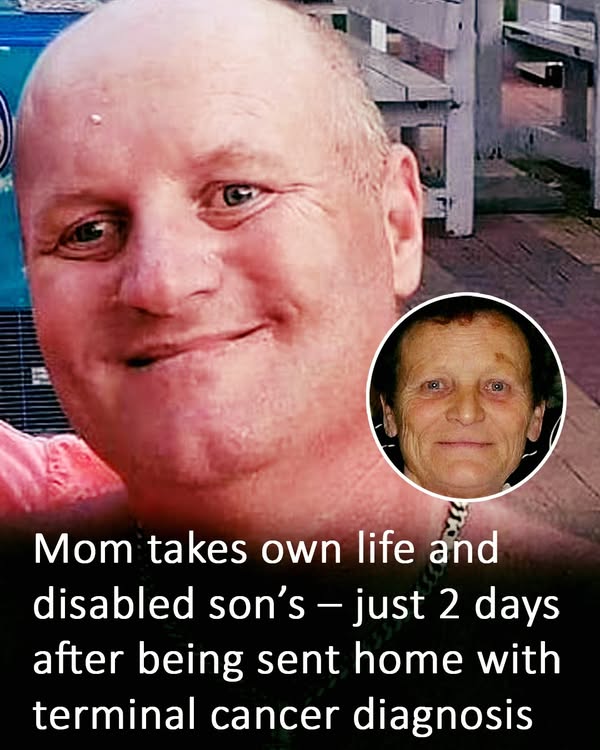Shirley Nunn’s Death Exposes Failures in Care for Families
In 2021, the tragic deaths of 67-year-old Shirley Nunn and her 50-year-old son Steven in their Middlesborough home shed light on serious shortcomings in the care system for families. Shirley, diagnosed with terminal lung cancer in 2021, had been her son’s full-time caregiver for nearly his entire life. Steven, who had suffered a severe brain injury at age 11, was left with cerebral palsy and epilepsy. Despite her own declining health, Shirley remained dedicated to caring for Steven, even as she battled depression and emotional struggles, worrying about how he would manage without her.
Just two years after the death of her husband from cancer, Shirley was hospitalized, and palliative care was arranged for her to receive support at home. However, only two days after being discharged from the hospital, Shirley and Steven were found dead. A subsequent Domestic Homicide Review revealed critical failures in addressing Shirley’s psychological needs, despite the severity of her condition. The review highlighted that Shirley’s immense dedication to her son, coupled with her emotional and mental distress, led her to make a heartbreaking and devastating decision, feeling there were no alternative options for Steven’s care.
This heartbreaking case raises important questions about the level of support available to caregivers, especially those who are emotionally and mentally vulnerable. Should more attention be given to the mental health of caregivers like Shirley, who may struggle silently with their own well-being while caring for loved ones? Could the tragic deaths of Shirley and Steven have been prevented if proper mental health resources and caregiver support had been made available to them?
The case highlights a growing need for stronger mental health care and resources for caregivers who are often overlooked in the healthcare system. While the physical care of patients is often prioritized, emotional and psychological support for caregivers is equally crucial. The tragedy serves as a reminder of the importance of providing a holistic approach to caregiving, ensuring that caregivers receive the help they need to avoid reaching a breaking point.



